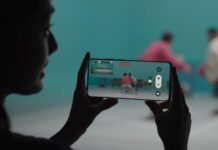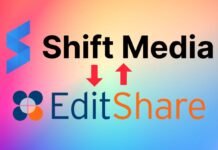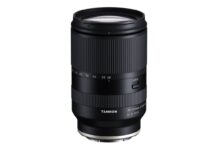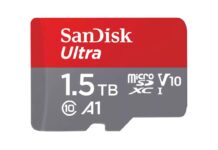Google has stated that it will protect you from copyright claims arising from the use of its generative AI products.
Background
Generative AI is one of the fastest-growing areas of AI technology. There are apps that will generate images, videos, and written works all from a basic text prompt. However, the AI programs are trained on existing images and text. The apps then use this data to create their own “original” art. This process, called “scraping”, uses special software to automatically capture data from across the internet. As a result, some artists are concerned that their copyrighted work could be illegally exploited and used in the output from generative AI.
What has Google said?
On October 13 Google published a blogpost to address the issue of generative AI and copyright claims. Within the post, the company stated, “If you are challenged on copyright grounds, we will assume responsibility for the potential legal risks involved”. Google also gave details of two indemnities that it will offer. The first of these covers copyright infringement claims arising from the training data used by its generative AI. In addition, Google will indemnify you against allegations that AI-generated output infringes someone’s intellectual property rights.
Which AI products are covered?
Google said indemnity for training data used by its generative AI models applies to all of its services. However, the company said that the generated output indemnity will only apply to certain products and services. These are:
- Duet AI in Workspace, including generated text in Google Docs and Gmail and generated images in Google Slides and Google Meet
- Duet AI in Google Cloud including Duet AI for assisted application development
- Vertex AI Search
- Vertex AI Conversation
- Vertex AI Text Embedding API / Multimodal Embeddings
- Visual Captioning / Visual Q&A on Vertex AI
- Codey APIs
Google did not mention its generative AI chatbot program Bard. In addition, the indemnity doesn’t apply if you intentionally created or used AI generated output to infringe the rights of others.
What we think
It’s good to see that companies are taking responsibility for their generative AI. Back in March, we also reported how Adobe is seeking to establish a “Do Not Train” tag you can attach to your work. That initiative aims to give control to artists who don’t want their works used by AI. However, Google is now addressing the copyright concerns over generative AI from the users’ side. As a result, customers of the company’s AI services will be happier knowing that Google has their back if they ever face a copyright claim.








